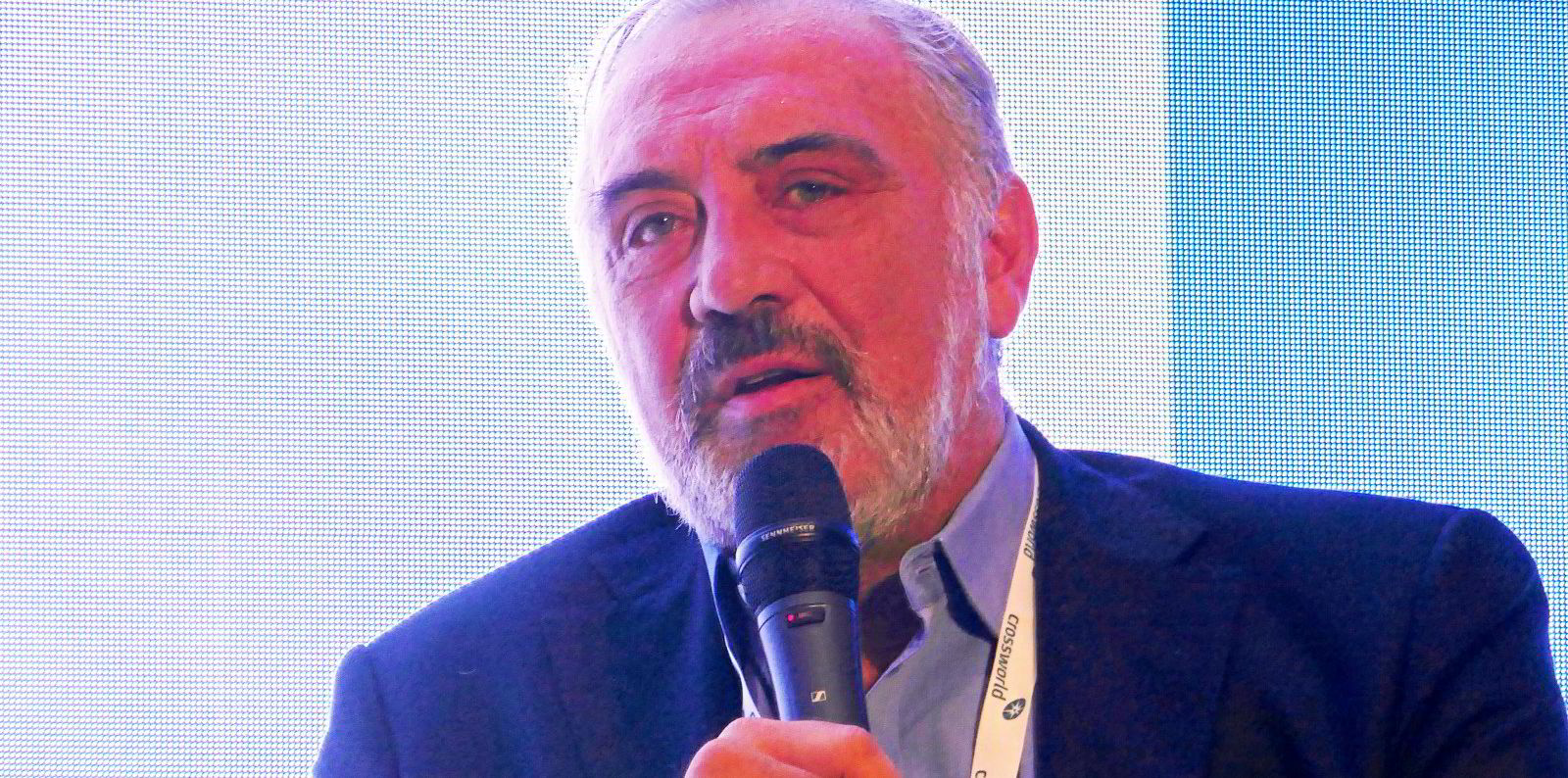A new era of ship finance has begun in which cash is no longer necessarily in short supply for would-be borrowers — but only for those that can meet ever more stringent requirements and only if affordable structures can be put together in a high-interest rate environment.
That was according to a panel of shipping lenders who spoke during the TradeWinds Shipowners Forum in Athens on Tuesday.
Frithiof Wilhelmsen, a director of shipping finance at Macquarie Bank — a relatively new lender to shipping — said there has been a “post-pandemic feast after a long famine in the shipping industry”.
“Shipping is back on the map,” he said.
This goes for lenders that have been present in the space previously and want to make a comeback, for investors and even for parties such as long-term infrastructure investors.
“Shipping is back on the map because it’s printed headlines, it’s in all the newspapers,” Wilhelmsen said.
“The energy transition is obviously fuelling huge interest from major industrial groups, E&P [exploration and production] companies and traders. I think it’s interest rates as a component of that — interest rates have doubled or tripled ... it’s a massive cost to your debt service breakeven.
“It’s definitely changed the landscape dramatically.”
He said it does not necessarily change Macquarie’s market outlook.
The bank will structure transactions on a deal-by-deal basis. This will be shaped by market demand, whether long-term charters are available and what structure is affordable based on interest rates and daily breakeven rates, he added.
Nicholas Pavlidis, head of shipping at Bank of Cyprus, said the exit of historic shipping banks such as RBS has allowed other institutions — including his own — to enter the space, particularly in Cyprus.
“That is not symptomatic of the recent boom; I think there’s more of a long-term strategic commitment from the banks that may find the opportunity to fill in the gap,” he said.
“A time of volatility is, in my book, a time of relationship banking, and moving back to more asset-focused financing over several years of relationship banking is gaining more importance. This is the way to go.”
Andreas Povlsen, managing director and head of maritime at Hayfin Capital Management, thinks money has always been there for shipping, just in different guises.
He said small shipowners would be wise to find big partners because the market naturally gives better returns for big industrial shipping.
Povlsen said the energy transition will be positive — for example, the European Union Emissions Trading System will force shipping to think actively about decarbonisation.
“Talking about interest rates, it probably means that you invest with equity rather than taking high leverage,” he said, adding that high leverage requires good timing, which continues to be tricky.
“It is a nuanced picture and I think it is very important to understand what is the real money and to understand what is the potential for where that can go.”




